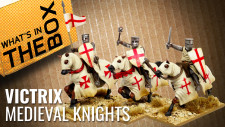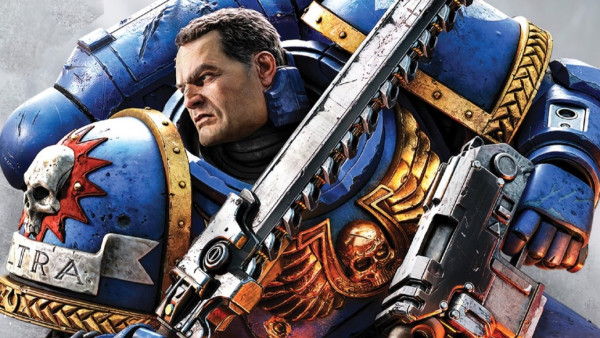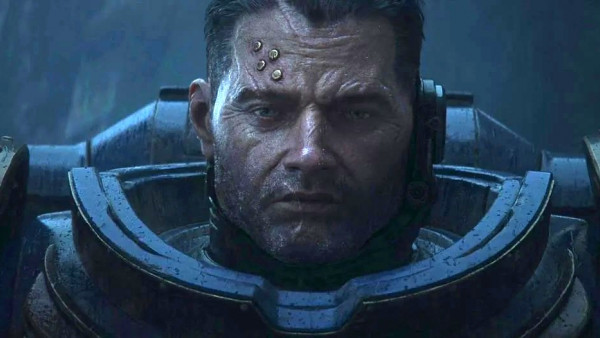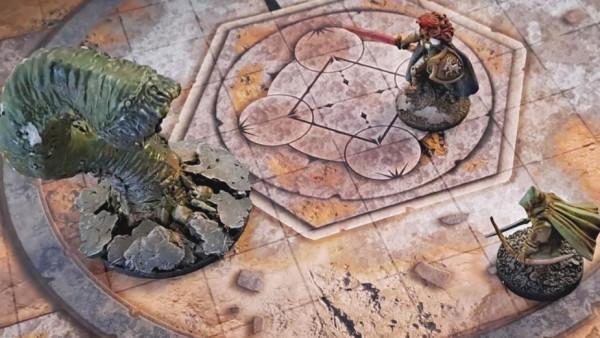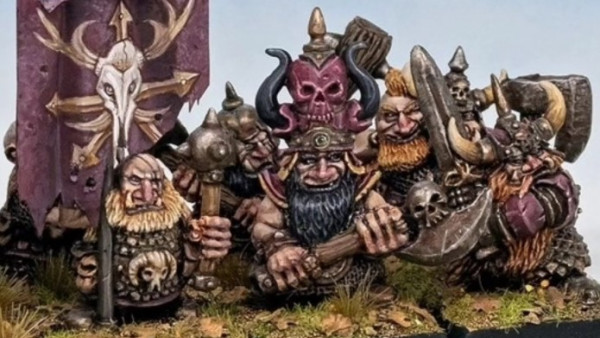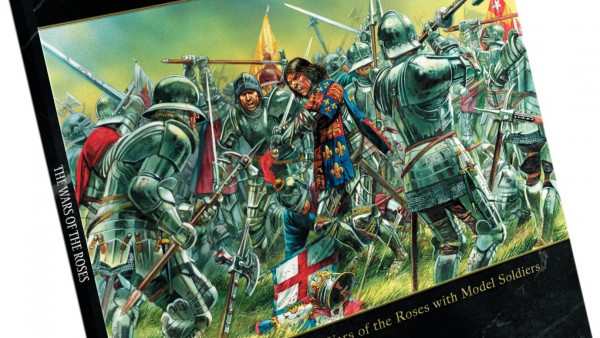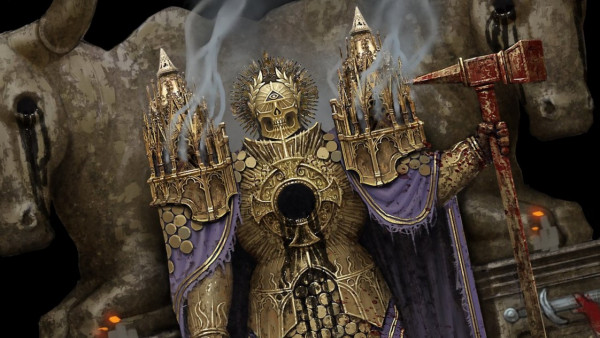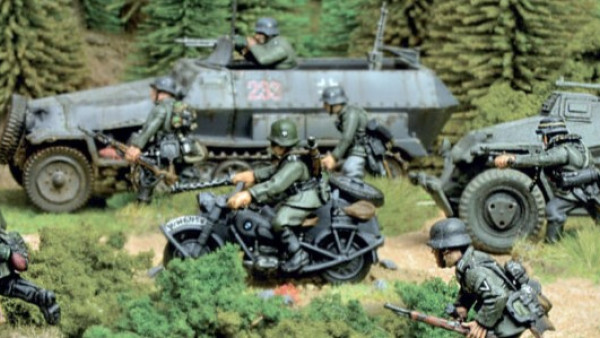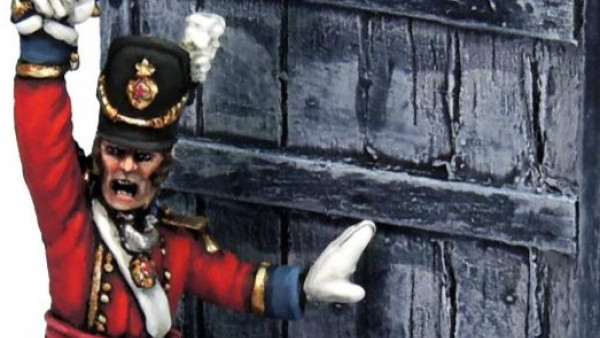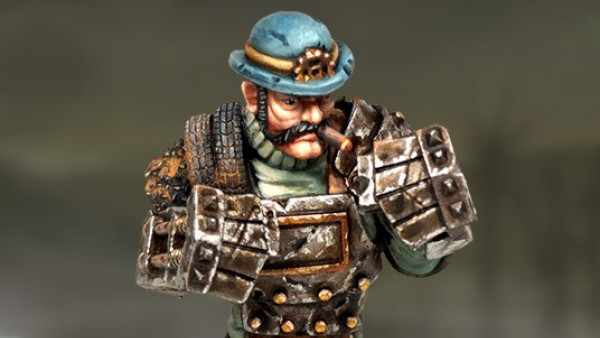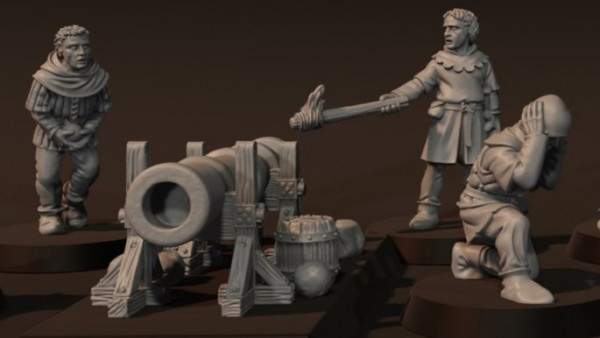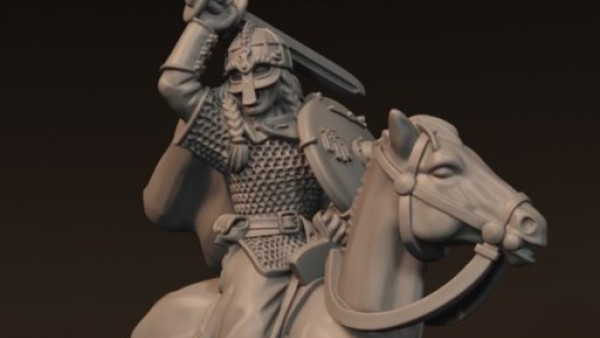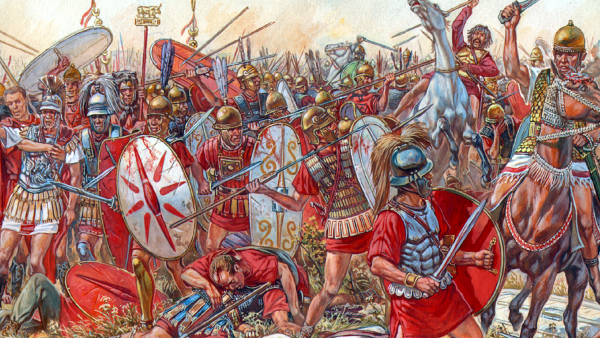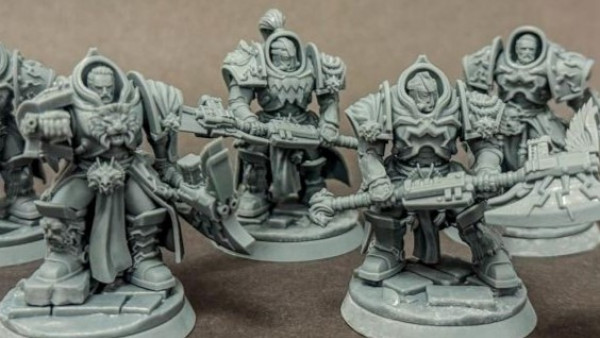Home › Forums › News, Rumours & General Discussion › Is it time for some more critical analysis of rule sets › Reply To: Is it time for some more critical analysis of rule sets
@phaidknott I’m not disagreeing with the need for better reviews, which should include the rules in any review.
I think most people quickly learn that spending money on big shiny things with shitty rules isn’t going to offer them long term fun anyway. However with the help of unboxings and a couple of good ‘let’s play’ videos that can be prevented. It doesn’t mean you won’t make mistakes and buy into games that are flawed, but you’d definitely have a better chance of buying a good game. Such things also depend on finding a reviewer who shares your priorities …
However to beginners a review of the rules in detail is meaningless as they do not understand what certain things mean within the context of the game/hobby.
Is ‘I go / You go’ bad by default or are there tricks that designers can use to make it ‘better’ ?
Why is ‘overwatch’ a thing at all ?
What the heck is an ‘alpha strike’ and why should I worry if a game allows such things to happen on turn 1 ?
All this means that reviews either need to explain things or they need to be accompanied with articles that explain wargaming as a hobby. I’d say that the historical articles by @oriskany have done a good job at that latter aspect. I hope to see similar in-depth analysis of fictional conflicts. Imagine an article about the Horus heresy with info about the games needed to replay events written by an alt-universe @oriskany who likes fictional settings … 😀
I definitely agree that good rules can include ‘advanced’ concepts (like the effect of suprressing fire) without complex mechanics. To me that’s just good design. However the games also need to explain why and how this sort of thing is included.
And ideally allow the introduction of such concepts in small steps.
I don’t need to read or understand the fluff for 40k to enjoy the game, but I can approach it like that if I want to.
So why should historical games be any different from a pure game mechanic point of view ?
I know it sucks for designers to hear that gamers ignore the fluff they’ve spent months/decades of research on … but because that research is part of the rules/stats it’s not wasted.
If the rules are designed with realistic tactics in mind then I should start to develop tactics that mimmick ‘real world’ tactics automagically.
However … I need to be aware that such tactics are needed or else I’m going to claim the game is unbalanced (or unit X with weapon Y is ‘overpowered’) as my tank-only army is ripped to pieces while trying to win in urban terrain. That sadly is something that happens a bit too often. It’s as if people forget the need to dictate the battle with your own unit strengths in mind as opposed to wondering why snipers are useless in melee combat … (or claiming that it’s unfair that a sniper shot your officer who was prancing about in the open … )
In an ideal world I’d also have fictional rulesets that allow me to develop tactics that make sense within that setting and that will match what happens in the fluff (ie : a handful of spacemarines wiping out a horde of xenos scum).
In an ideal world we’d also have reviews that dare to dive deeper.

































